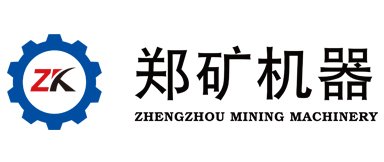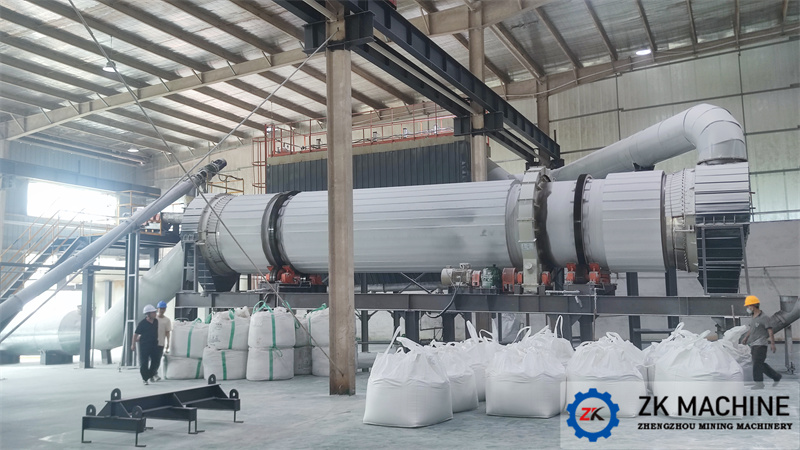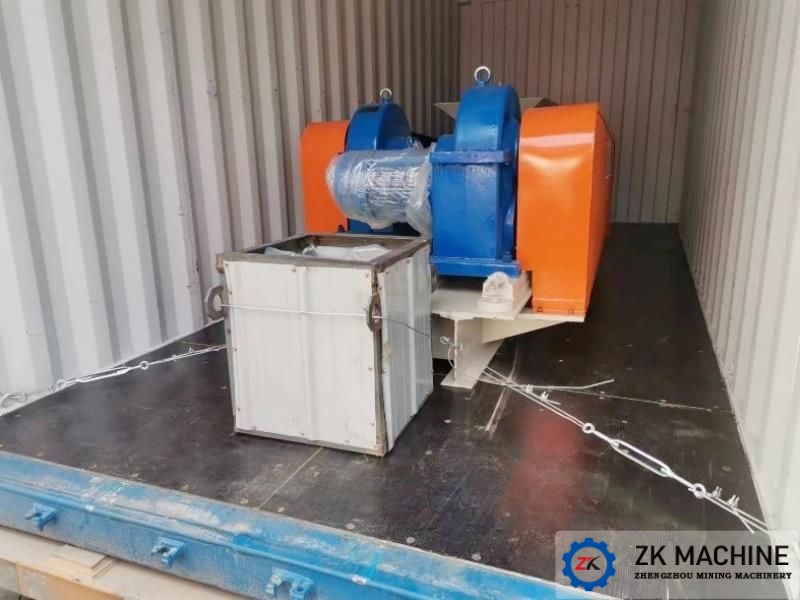Advantages of Henan Zhengzhou Mining Machinery Co., Ltd. Dolomite Rotary Kiln
Dolomite Rotary Kiln, as its name suggests, is a kind of Rotary Kiln equipment used for calcining dolomite and magnesia products.
The dolomite rotary kiln of Henan Zhengzhou Mining Machinery Co., Ltd. is a device that has been finalized through continuous innovation on the basis of traditional Rotary Kilns. The dolomite powder calcined by it has the characteristics of high purity, small particle size and strong reaction, and In the calcination process, dolomite rotary kiln has played an extremely important role in shortening calcination time, improving product quality, optimizing calcining technology, and improving economic benefits.
Advantages of Henan Zhengzhou Mining Machinery Co., Ltd. Dolomite Rotary Kiln
1. Structure Rationalization
Dolomite rotary kiln has a simple structure, advanced kiln head and kiln tail sealing technology and devices, good sealing performance and guaranteed production efficiency. The kiln has a long service life with automatic temperature control, utilization of waste heat from secondary air intake, and long kiln lining life, which is beneficial to the long-term operation of the equipment.
2. Intelligent Control
In order to improve the degree of automation, new technologies are also introduced for the dolomite Rotary Kiln. The kiln head adopts industrial TV to watch the fire, and the process flow simulates the fluorescent screen. These new technologies are intuitive to use, easy to master, reliable to use and intuitive and easy to observe. It improved work efficiency.
3. System Advancement
Through technological innovation, the calcining system of dolomite Rotary Kiln adopts domestic and foreign advanced hydraulic stopper device, metering plunger pump with high metering accuracy, high-precision speed regulating valve and contact graphite block sealing device.
4. Performance Efficiency
The dolomite rotary kiln has high operating rate, high heat transfer efficiency, stable operation, large processing capacity. Compared with equipment of the same specification, the operation rate is increased by 10%, the output is increased by 5%-10%, and the heat consumption is reduced by 15%.




